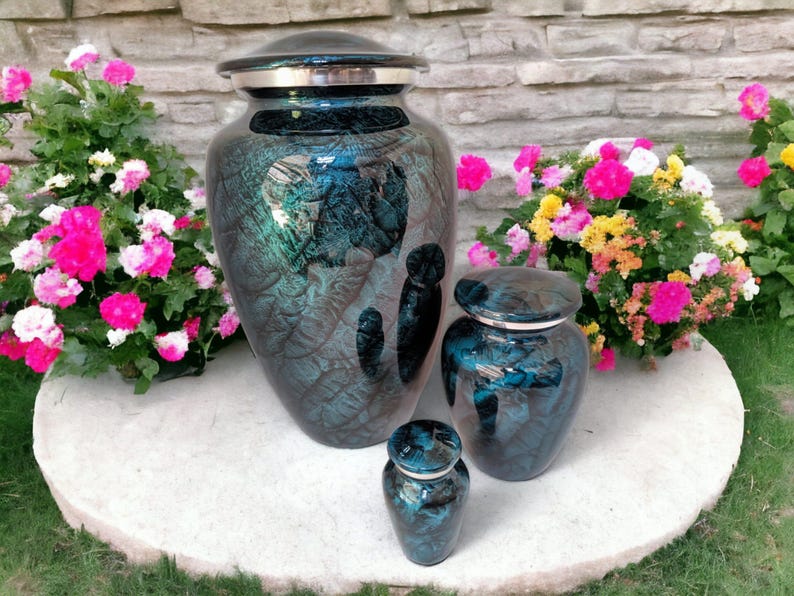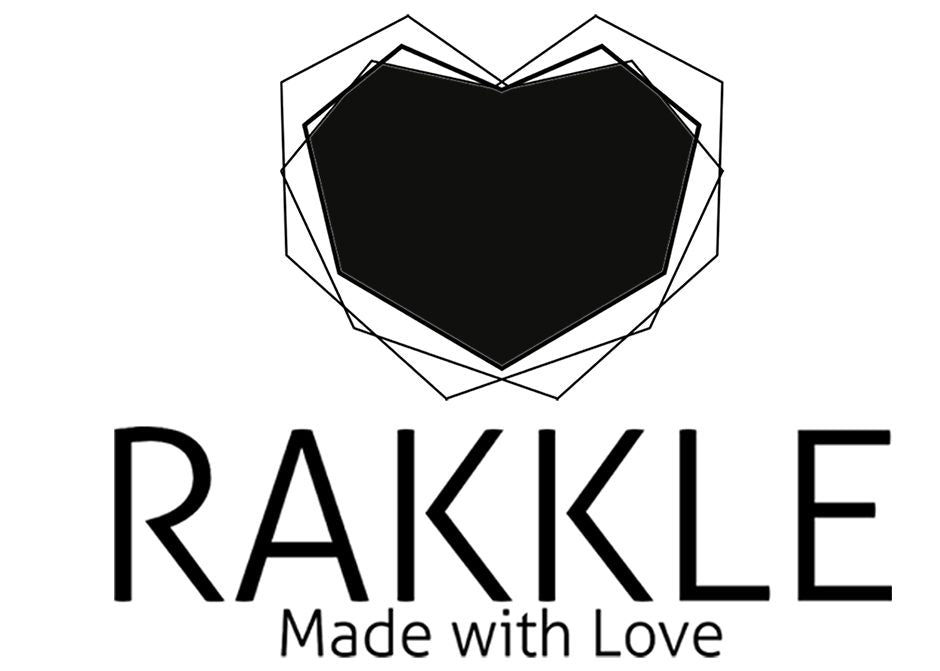Article: Choosing the Right Urn: A Complete Guide to Types, Materials & Sizing

Choosing the Right Urn: A Complete Guide to Types, Materials & Sizing
Understanding Urns: Types, Materials & Selection Guide
Page 1: Types of Urns & Materials
A. Urn Capacity & Size
General Rule: ~1 lb of body weight = 1 cubic inch of ash
A 200-lb individual needs a 200 cu in urn.
Common Urn Sizes:
-
Standard Adult: ~200–225 cu in
-
Extra-Large / Companion: 400–600 cu in
-
Keepsake / Mini: 3–35 cu in (for sharing ashes)
Visual Aid Suggestion
Bar Chart: Body Weight (100–300 lbs) vs. Urn Capacity (100–300 cu in)
B. Main Types of Urns
| Urn Type | Purpose | Materials & Features |
|---|---|---|
| Display | Home or columbarium | Metal, wood, ceramic, marble – decorative, engravable |
| Burial | Ground interment | Metal, stone, or durable composites; often used with vaults |
| Biodegradable | Eco-burial or water release | Salt, paper, bamboo, cornstarch – decomposes naturally, may include seed |
| Scattering | Ash spreading ceremonies | Lightweight cardboard or metal; easy to carry and pour |
| Keepsake / Mini | Sharing ashes | Smaller urns; available in metal, glass, or wood |
| Companion | For couples or family ashes | Larger urns (≥400 cu in) or dual-chamber styles |
| Jewelry | Wearable keepsake | Tiny pendants or rings; holds a symbolic amount of ash |
C. Material Considerations
-
Metal: Durable and engravable. Great for display or vaults.
-
Wood: Warm and classic; ideal indoors unless sealed.
-
Stone / Marble: Elegant and weather-resistant.
-
Glass / Ceramic: Artistic and delicate; mostly for indoor display.
-
Biodegradable: Earth-friendly; great for natural burials or water releases.
Page 2: How to Choose the Right Urn
Step 1: Determine Capacity
Use body weight + 10% margin to calculate size.
For shared ashes, consider a main urn plus smaller keepsakes.
Step 2: Identify the Purpose
-
Display: Choose beautiful, durable materials.
-
Burial: Ensure the urn meets cemetery size/material rules.
-
Scattering: Look for portable, lightweight designs.
-
Eco-burial: Choose biodegradable urns.
Step 3: Know the Rules
-
Cemeteries/Columbaria: May have strict rules on size and material.
-
Home Use: Flexible; just measure your shelf or niche space.
Step 4: Consider Aesthetic & Symbolism
-
Match urn design to your loved one’s personality or hobbies.
-
Themed urns (e.g., butterflies, turtles, sports motifs) reflect interests.
-
Add personalization like engravings or photos.
Step 5: Set a Budget
-
Basic urns start at $50
-
Artisan urns can cost $2,000+
-
Funeral homes may charge more than online sellers
-
Renting urns is an option for temporary services
Step 6: Think About Maintenance
-
Metal / Stone: Low maintenance
-
Wood / Glass: Indoor use; gentle cleaning
-
Biodegradable: One-time use only
Page 3: Examples & Visual Guides
A. Real-Life Scenarios
-
Alice (150 lbs, home display): Standard 200 cu in metal urn with engraving
-
Bob & Carol: Companion dual-chamber wood urn (≥400 cu in)
-
Dave: Lightweight cardboard urn for scattering
-
Eco-Mourner: Biodegradable urn with tree seed pod
B. Material Comparison Chart
Compare materials on:
-
Durability
-
Weather Resistance
-
Personalization Options
-
Eco-Friendliness
(Use a stacked bar chart for clarity)
C. Urn Selection Flowchart
What is the Intended Use? ↓ ┌────────────┬────────────┬────────────┐ │ Display │ Burial │ Scattering │ └────┬───────┴──────┬─────┴──────┬─────┘ ↓ ↓ ↓ Choose durable Ensure cemetery Pick lightweight materials like regulations are biodegradable or metal or wood followed scattering urns
Add:
Eco-Burial? ➝ Biodegradable with seed option
D. Display & Maintenance Tips
-
Choose a stable shelf, cabinet, or niche
-
Use soft cloths like microfiber for cleaning
-
Add a nameplate or plaque for remembrance
Final Takeaways
✅ Start with capacity – Calculate based on body weight
✅ Know the purpose – Burial, display, scattering, etc.
✅ Choose the material wisely – Based on use and environment
✅ Personalize – Honor your loved one’s life and style
✅ Balance budget and quality – There are options for all price ranges
✅ Plan for aftercare – Materials determine maintenance needs

